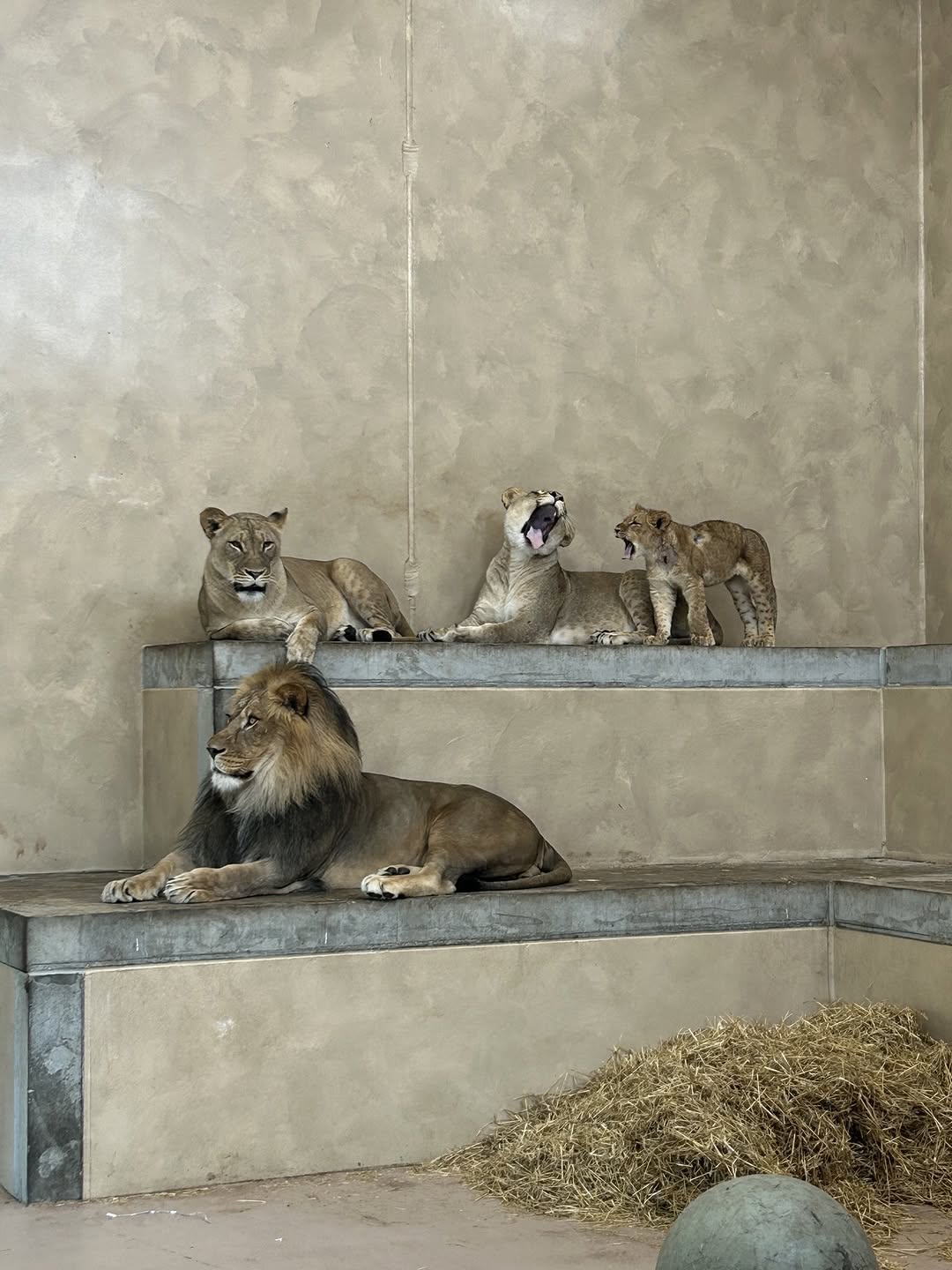- The role of AZA’s SAFE African Lion program in conservation.
- Importance of zoological institutions like Roosevelt Park Zoo in wildlife preservation.
- Educational and community engagement through zoo activities and events, such as movie tie-ins.
- Challenges and strategies in lion conservation and habitat protection.
- The significance of partnerships in wildlife conservation efforts.
The Association of Zoos and Aquariums (AZA) has been at the forefront of wildlife conservation efforts globally, focusing on both in-situ and ex-situ strategies. One of its hallmark initiatives is the SAFE (Saving Animals From Extinction) program, which includes a dedicated focus on African lions, a species facing numerous threats in the wild. The SAFE program works to spearhead projects that address critical threats to lion populations, such as habitat loss, human-wildlife conflict, and depletion of prey base. By facilitating collaborations among member institutions, SAFE aims to foster stable and increasing populations of lions in their natural habitats.
Zoos like the Roosevelt Park Zoo play a pivotal role in these conservation endeavors. With only four of the 370 lions under the care of AZA institutions housed at Roosevelt Park Zoo, these majestic animals serve as ambassadors for their wild counterparts. The careful management of these lions involves detailed breeding programs designed to maintain genetic diversity and health across the captive population. In addition to breeding efforts, the zoo provides hands-on educational experiences to the public, raising awareness about the plight of lions in the wild. Engaging visitors helps to promote a broader understanding of conservation issues and motivates community involvement in preserving nature’s wonders.
The Roosevelt Park Zoo fosters educational opportunities and community engagement through unique events and programs. Utilizing popular culture, such as the celebration of Disney’s Mufasa: The Lion King, draws in diverse audiences and capitalizes on the public’s interest to educate them on critical environmental topics. The zoo’s offer of a discounted admission rate upon presentation of a movie ticket stub not only incentivizes visits but also acts as a bridge connecting entertainment media with real-world conservation efforts. These initiatives enhance the public’s participation in conservation and create memorable educational experiences.
Despite the impactful work by zoos and conservation programs, several challenges persist in the fight to protect African lions. One of the significant hurdles is the degradation and fragmentation of natural habitats, which are exacerbated by human encroachment and agricultural expansion. Addressing these issues requires the implementation of comprehensive land-use strategies that balance ecological needs with human development. In parallel, conservationists are exploring innovative solutions to mitigate human-lion conflicts, such as promoting lion-smart agricultural practices and community-led conservation initiatives that incentivize protecting wildlife.
The success of lion conservation efforts greatly relies on fostering partnerships. Collaborations between government agencies, non-governmental organizations, and the private sector are crucial for pooling resources and expertise. These partnerships enable large-scale conservation projects that individual entities cannot achieve alone. Engaging local communities in these efforts further bolsters success, ensuring that conservation measures are sustainable and culturally appropriate. By supporting initiatives like SAFE and encouraging zoo participation, stakeholders contribute to building an enduring legacy of biodiversity conservation.
In advancing these goals, it is paramount to leverage resources like those available through the AZA and its member institutions. By uniting scientific research, public education, and direct action, zoos become invaluable components of the global conservation framework. By visiting zoos, participating in educational programs, and supporting conservation initiatives, individuals can play an active role in preserving threatened species like the African lion for future generations.
*****
Source Description
Out of the 370 lions cared for by AZA Institutions worldwide, 4 call The Roosevelt Park Zoo home! Through AZA’s SAFE African Lion program, we’re working to protect wild lion populations and their habitats. Join us in celebrating Disney’s Mufasa: The Lion King, now in theaters! Now until the end of January, the Roosevelt Park Zoo will be offering $1 discount on admission when you show your movie ticket stub!


